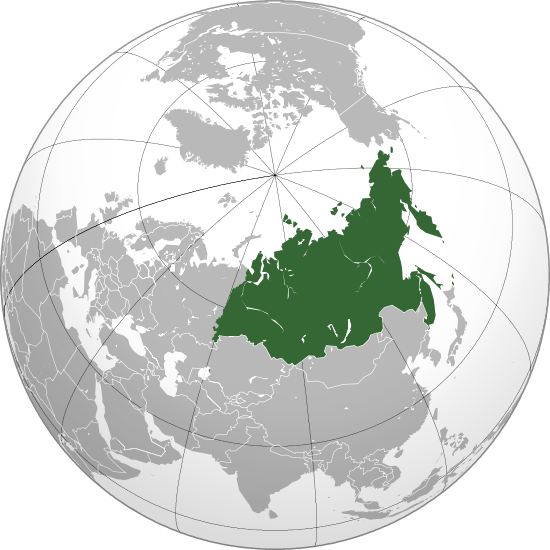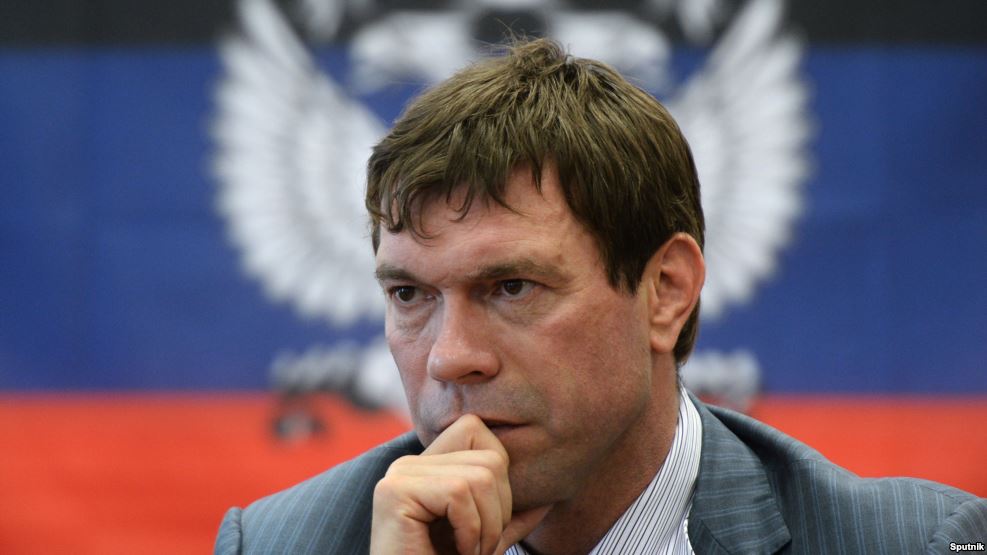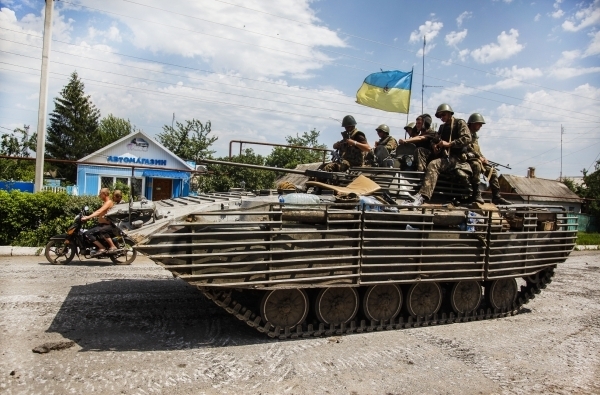Over the holidays, Russians have nonetheless paid attention to many things, including the war in Ukraine and the attacks on Charlie Hebdo, but according to a Russian commentator in the Far East, they appear to have missed what may be the most fateful event of the last several weeks.
On the Beregrus portal this week, Georgy Belogorov argues that a new Russian law creating special districts to promote development and especially development in the Russian Far East in fact create “a state within a state” east of the Urals and thus open the door to Siberian separatism.
The law creating special economic zones signed by Vladimir Putin on December 29 and ostensibly designed to attract and facilitate Chinese and other international investment in Siberia and other regions has the effect of creating formations not subject to Russian laws or taxation and thus remind one of “a state within a state,” according to Belogorov.
Were such zones limited to a single city like Vladivostok, they might have been justified, he continues, but putting in such a zone 16 federal subjects which form “60 percent of the territory of Russia” and allowing it to be “out from under federal laws on natural resources, forests, lands, construction, labor activity and citizenship” is dangerous.
Those who voted for the law may believe they were acting in the best interests of Russia, but there are others in the region, in the liberal camp and abroad in China “who have been dreaming about ‘the separation of the Far East, Siberia’ and so on since the beginnings of the 1990s.
In the best case, Belogorov says, Russia will eventually get these zones back but without the profit from them and with their natural wealth stolen by others; but “in the worst, this will in fact involve the transfer of 60 percent of the Russian land to China,” without Beijing having had to fight for it. “Siberia and the Far East are already de facto Chinese!”
In addition to China, there are various international corporations and hostile foreign states who are interested in promoting Siberian regionalism and even independence, he says. Not long ago, students at an Irkutsk faculty linked to American and Australian universities were asked to “model the economy of a Siberian state.”
Neither Moscow nor the FSB showed much interest just as they have not shown much interest in investigating the rise of Siberian separatism in the past even though it is growing because the younger generation east of the Urals is more likely to have gone to and focus on China than to have gone to and focus on the capital of the Russian Federation.
And such people, Belogorov says, are being encouraged in such a shift in identity by groups like the Olastnik Alternative of Siberia, the Siberian Movement, the New Roads of Siberia, and the Siberians Movement.
The new federal law will only make their work easier, the commentator says. But he concludes that “not everything is yet lost. There is a chance” to reverse the current trend. But Russians must act now because “the Lord God may not give them another chance.”





